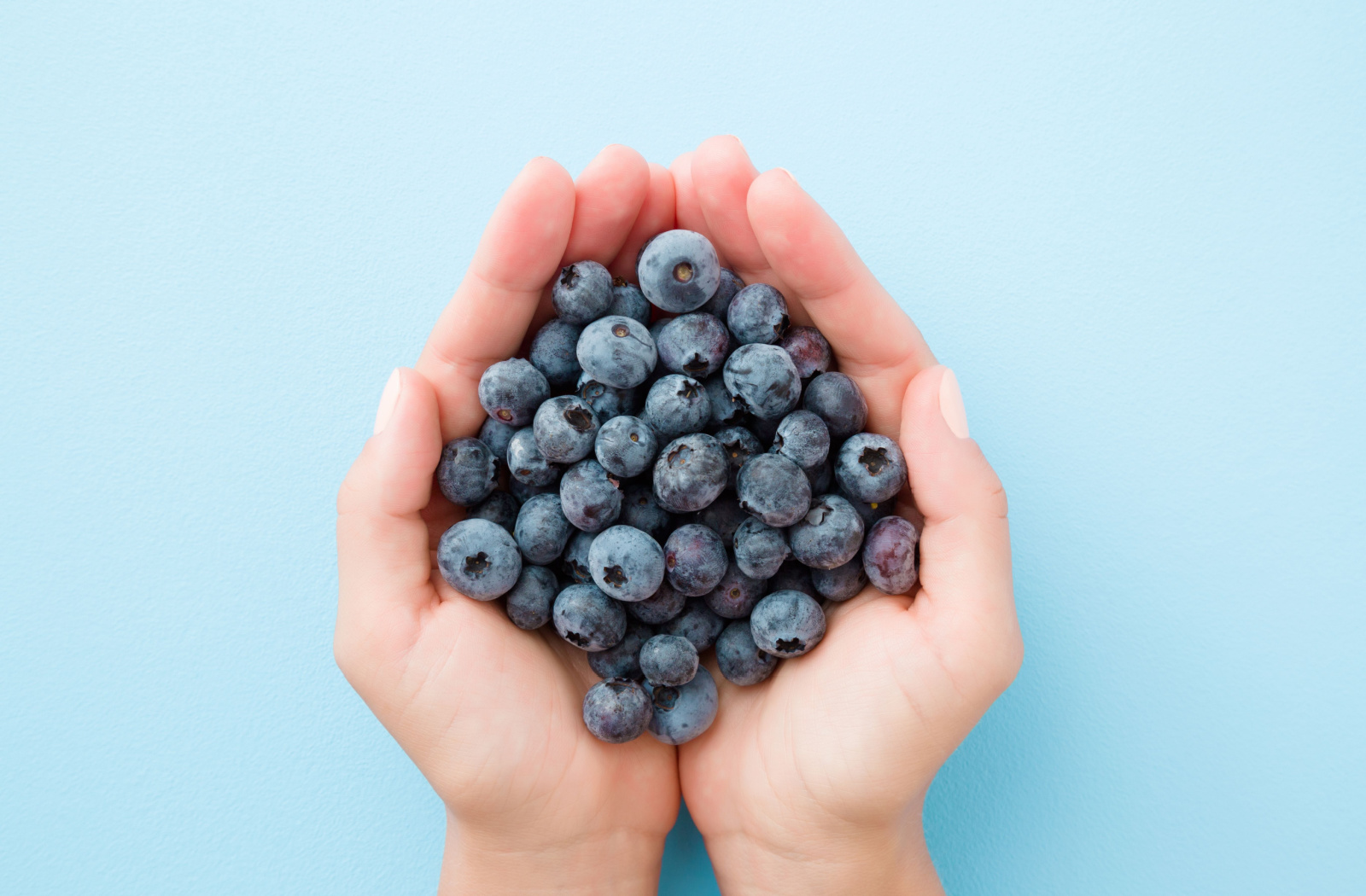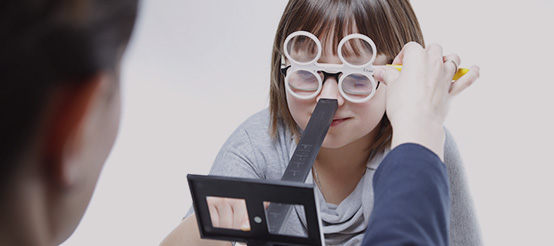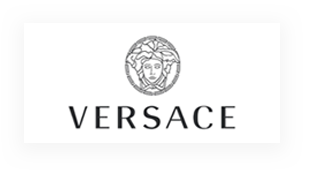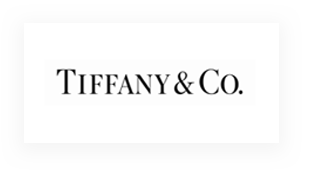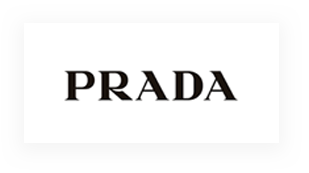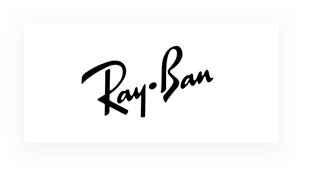How often do you think about ocular nutrition when you plan meals? Eating a balanced diet full of fruits, vegetables, and healthy proteins can help support your eye health, and there are specific foods you can focus on for eye nutrition.
Some of the best foods for eye health include colourful fruits and vegetables, dark leafy greens, fish, eggs, nuts, and seeds. Some of the worst foods for your eyes include sugary foods, high-carb foods, and certain fats.
Your eye health and overall health are linked, so the food you eat can affect your eyes as much as the rest of your body—but your diet can also help prevent certain eye diseases. A comprehensive eye exam can help you fully understand what your eyes need to stay healthy.
What Are the Best Foods for Your Eyes?
Your body health and your eye health are connected through systems that span your entire body, including your cardiovascular system and the blood vessels in your eyes. Focusing on eating a healthy diet can be a great first step toward eating for your eye health too.
While the best foods for your eyes are also the best foods for your overall health, there are certain foods that can provide various preventive effects on your eyes.
For example, if you’re at risk of developing a condition like age-related macular degeneration (AMD), foods with omega-3 fatty acids, lutein, and zeaxanthin may help prevent it.
Essential Nutrients for Eye Health
Different nutrients can help prevent various eye diseases and strengthen certain parts of your eyes. In general, some of the essential nutrients for eye health include:
- Beta-carotene: A powerful antioxidant that can help prevent AMD and glaucoma.
- Bioflavonoids (flavonoids): Anthocyanins and other nutrients that can help prevent cataracts, AMD, and glaucoma.
- Lutein and zeaxanthin: 2 key carotenoids that can help prevent several chronic eye diseases.
- Omega-3 fatty acids: Healthy fats that can help support healthy eye growth and tear production and prevent AMD.
- Selenium: A natural mineral with ongoing research focused on its potential for treating dry eyes and other eye conditions.
- Vitamin A: An essential vitamin that can help strengthen vision in low-light conditions and prevent several eye conditions.
- Vitamin C: An antioxidant that can help prevent AMD and cataracts.
- Vitamin D: A vitamin that can support your immune system while helping prevent and improve conditions like dry eyes and keratoconus.
- Vitamin E: A key antioxidant that can help prevent AMD and other age-related eye diseases.
- Zinc: A natural mineral that can help prevent and address night blindness and AMD.
Food Your Eyes Love
With a long list of nutrients that help support healthy eyes, it can feel overwhelming to think about how to get enough of each of them. Fortunately, eating a balanced diet rich in varied healthy foods can make it easy.
We can recommend foods for eye health, including:
- Colourful fruits and vegetables like oranges, carrots, kiwi, and red bell peppers are full of beta-carotene and antioxidants like vitamins A, C, D, and E.
- Dark leafy greens like kale, broccoli, and spinach are packed with lutein and zeaxanthin.
- Nuts and seeds like sunflower seeds and almonds are rich in vitamin E.
- Fish high in omega-3 fatty acids like salmon, tuna, and trout.
- Lean beef, poultry, pork, and oysters can be great sources of zinc and selenium.
- Eggs can be a key source of vitamins C and E, zinc, lutein, and zeaxanthin.
- Blueberries and other fruits contain flavonoids like anthocyanin.
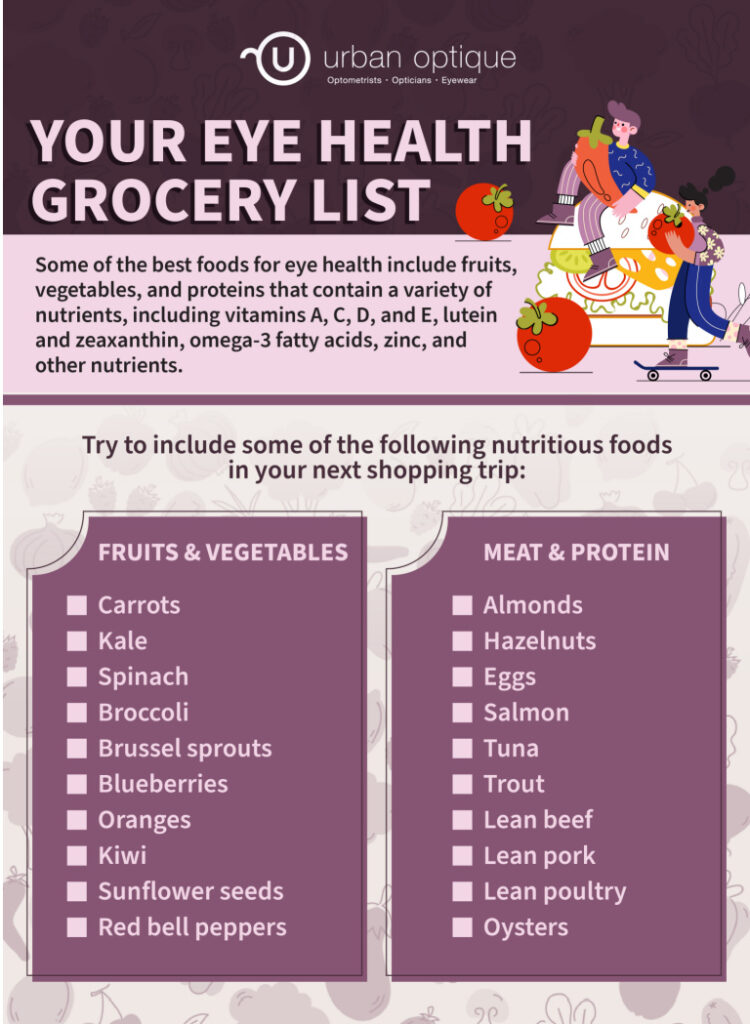
What Are the Worst Foods for Your Eyes?
Just like some foods are good for our eye health, others may be damaging to our eye health. Some of the biggest offenders include foods high in saturated fats, highly processed foods, and sugary foods.
Sugary Foods
Sugary foods can be problematic for eye health because they can increase your risk of diabetes, which can increase blood sugar and damage the delicate blood vessels in your eyes. Diabetic eye damage can lead to a higher risk of cataracts, glaucoma, and diabetic retinopathy.
Carbs & Fats
Many processed foods are high in carbs and unhealthy fats, and the effects of eating those foods can include an increased risk of AMD and cataracts. While a healthy consumption of some fats is necessary for a balanced diet, it’s important to be aware of the types of fats you’re eating and where they come from.
It’s also important to pay attention to the types of carbs you eat, as carbs are digested as sugar. Eating more complex carbs, like multigrain bread and pasta, can help reduce the effects of carbs on your health and help you get other beneficial nutrients like fibre.
Is Caffeine Bad for Your Eyes?
The relationship between caffeine and eye health is complicated, and more research is needed to fully understand the effects of caffeine. There’s some evidence to suggest that caffeine may increase glaucoma risk, but other research has identified links between coffee and a reduced risk of cataracts and other eye conditions.
So, like anything, moderation is key. A little caffeine is probably fine, but don’t overdo it.
When Should You Take Nutritional Supplements for Eye Health?
If you’re concerned about certain eye conditions or a doctor has identified certain nutritional deficiencies that could impact your eye health, it may be worth speaking to your eye doctor about ocular nutrition and supplements.
When you visit us for an eye exam, we can help uncover your risk of developing eye diseases and provide personalized guidance for nutritional changes and other lifestyle changes you can make to maintain your long-term eye health.
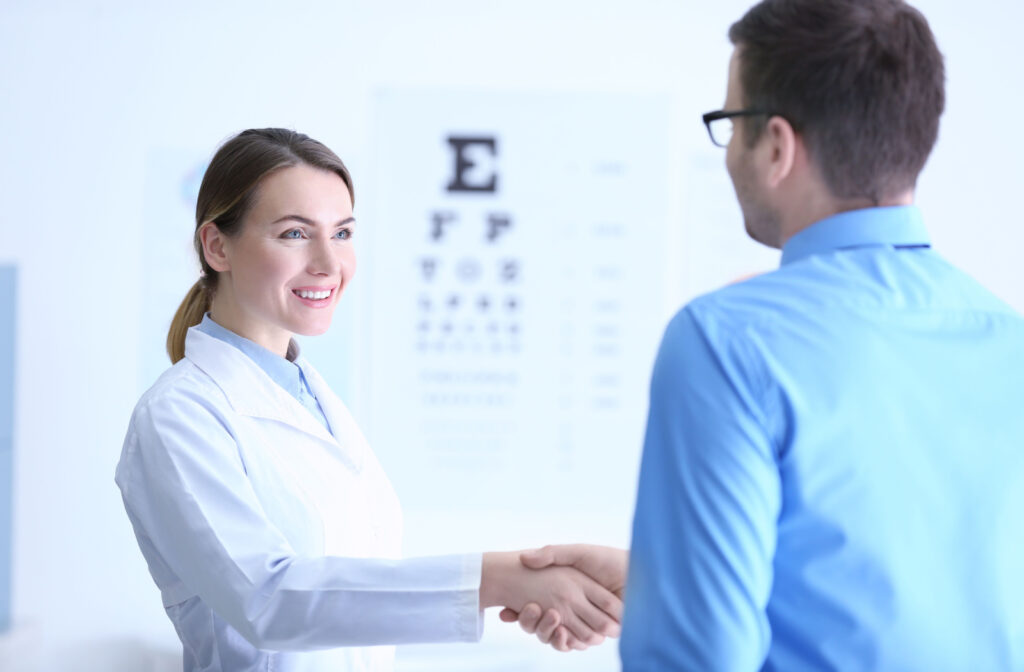
Who Can You Talk to About Eye Nutrition?
Healthy eating is a part of comprehensive eye care, and we can help. We can evaluate your risk of developing several eye diseases and provide nutritional advice based on your eye health during a comprehensive eye exam.
Book an appointment at Urban Optique to get a clear picture of your eye health and personalized support for your vision needs.

